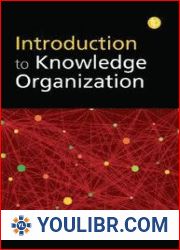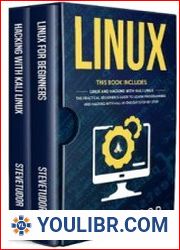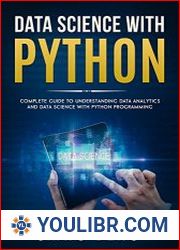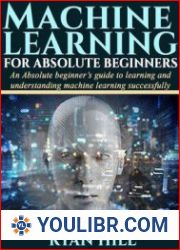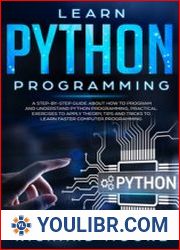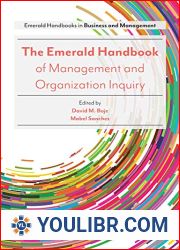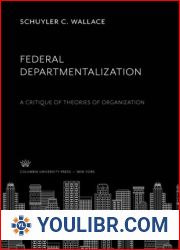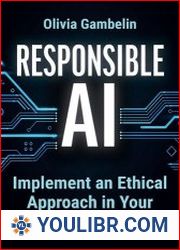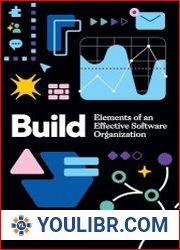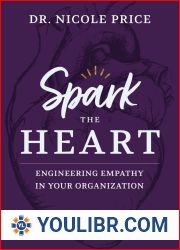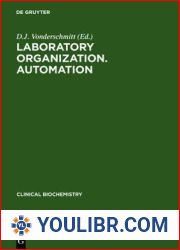
BOOKS - Understanding Computer Organization: A Guide to Principles Across RISC-V, ARM...

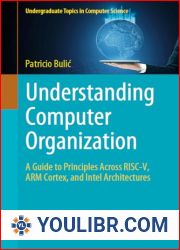
US $9.61

978265

978265
Understanding Computer Organization: A Guide to Principles Across RISC-V, ARM Cortex, and Intel Architectures (Undergraduate Topics in Computer Science)
Author: Patricio Bulic
Year: July 6, 2024
Format: PDF
File size: PDF 38 MB
Language: English
Year: July 6, 2024
Format: PDF
File size: PDF 38 MB
Language: English
This textbook unlocks modern computer organizations' secrets, with real-world examples from RISC-V, ARM, and Intel-based computer systems. The guide provides a comprehensive yet accessible explanation of fundamental principles and components and serves as a gateway to mastering the interplay between hardware and software. It demystifies complex concepts and provides clear explanations and practical insights into their roles in computing systems. Our journey begins with exploring memory-mapped I O, where we unravel the mechanisms by which the CPU communicates with peripherals through memory addresses. From there, we venture into the realm of interrupts, examining how various architectures handle asynchronous events and prioritize tasks efficiently. Real-world examples from RISC-V, ARM, and Intel-based systems illuminate these concepts, providing practical insights into their implementation and significance. Chapter 3 delves into the intricacies of Direct Memory Access (DMA), shedding light on the controllers responsible for managing data transfers between peripherals and main memory. We then focus on the main memory, exploring the different types of memory technologies, including DRAMs, SDRAMs, and DDR SDRAMs, and their roles in storing and accessing data effectively. Moving forward, we delve into the critical role of cache memory in improving system performance through data locality and access speed optimizations. Finally, we explore the concept of virtual memory, unraveling how modern operating systems manage memory resources efficiently by leveraging secondary storage devices.












